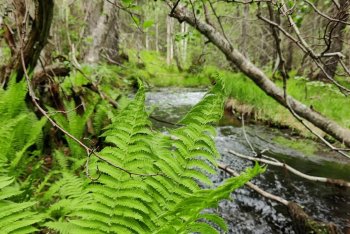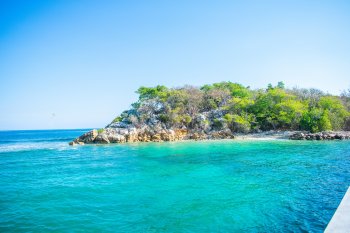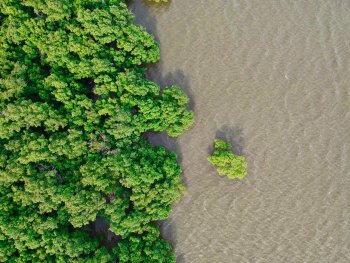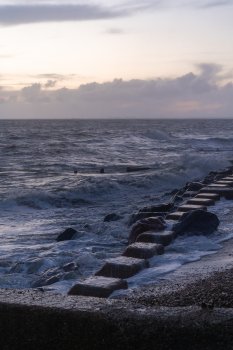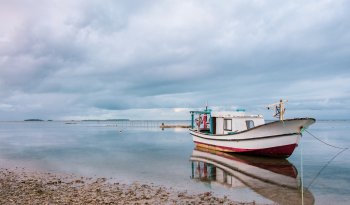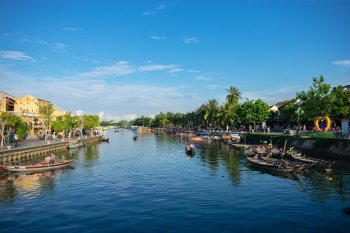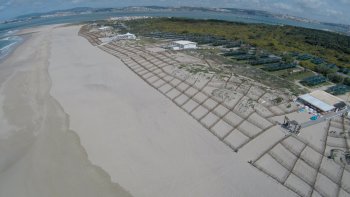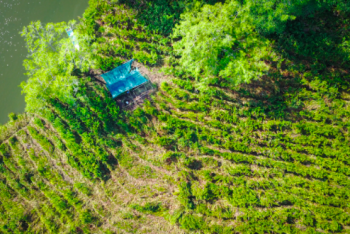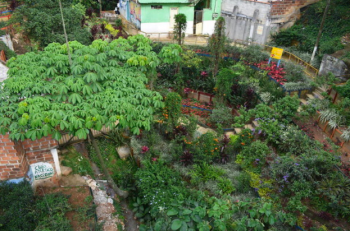Stream and Watershed Restoration in Finland
The state of biodiversity has been decreased worldwide, and the Finnish Wildlife Service organization Metsähallitus will contribute to solving the challenge. With support from the Nordic Council of Ministers, they will restore the entire watershed area around the Mätäsoja Stream in Finland.
“The establishment of protected areas alone is not enough, and in order to halt the loss of biodiversity, we need to be more ambitious in restoring nature,” says Antti Karppinen, leader of the Mätäsoja Stream and Watershed restoration project in Finland. It is Metsähallitus...

